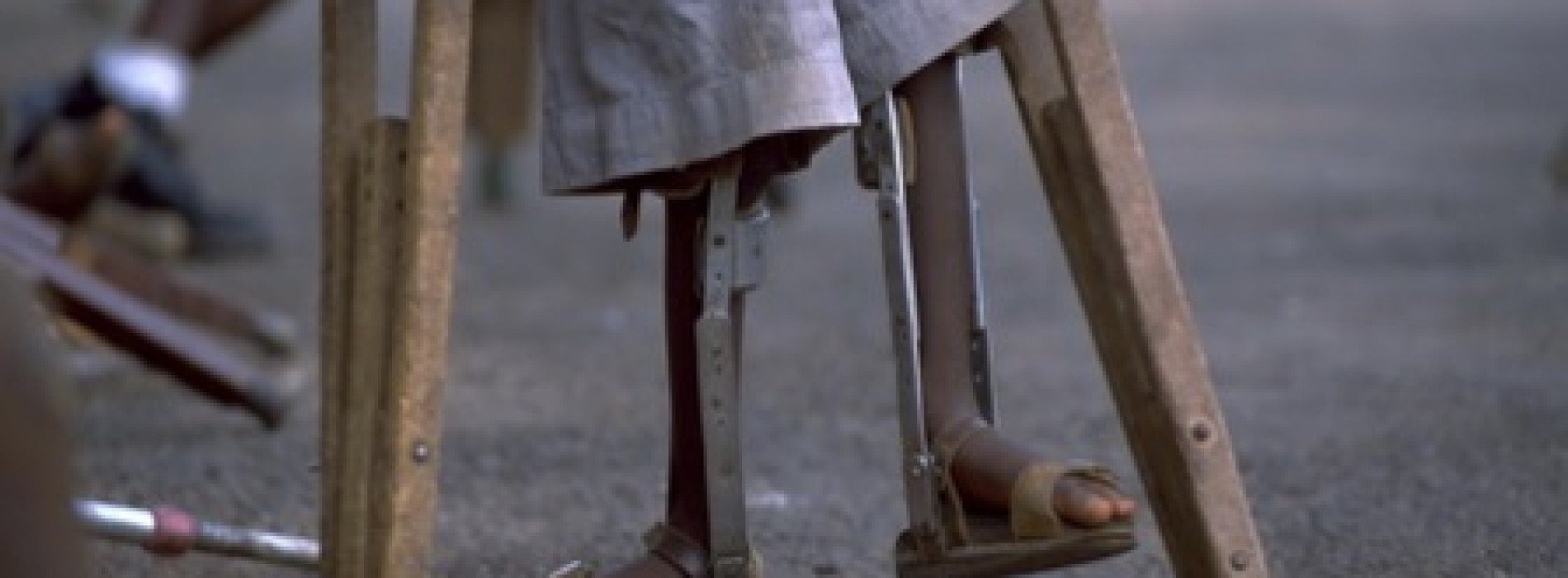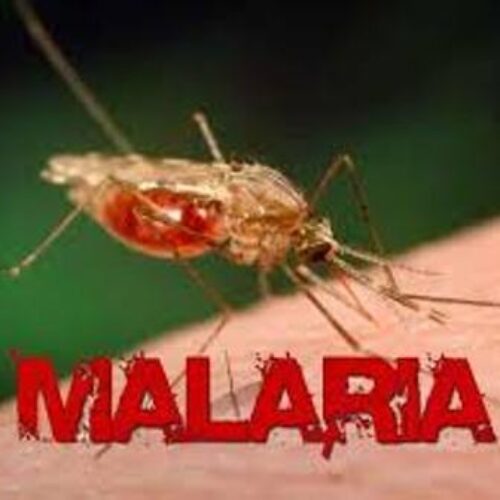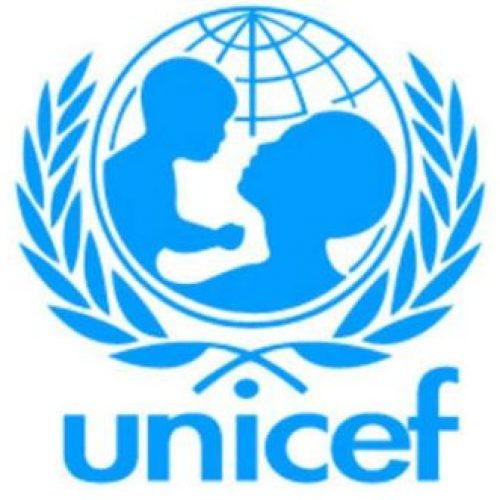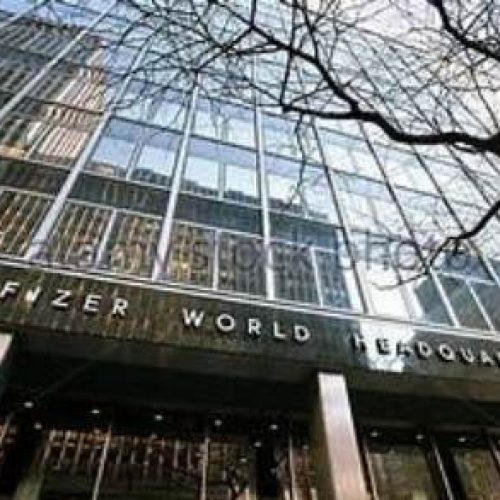Africa heads into last mile to be free of wild polio
Africa today passes a milestone threshold – three years with no case of wild poliovirus detected. This begins the short step to declaring the continent free of wild polio.
This three-year landmark sets in motion a comprehensive evaluation process by the Africa Regional Certification Commission to determine if the entire WHO African Region of 47 countries indeed can be declared wild polio-free.
“We are confident that very soon we will be back here trumpeting the certification that countries have, once and for all, kicked polio out of Africa,” said Dr Matshidiso Moeti, WHO Regional Director for Africa.
If the evaluation process proves the wild virus is gone, Africa will join four of the WHO regions – the Americas, the Western Pacific, Europe and South-East Asia – in holding this distinction. It will leave only the WHO Eastern Mediterranean region still working to stop the virus.
Certification that the WHO African Region is free of wild polio is expected in early 2020.
Dr. Moeti praised the continent’s resilience and strong commitment to stopping the virus in overcoming the tough challenges. “The path to eradicating polio in Africa has been a monumental effort of multinational coordination on an unprecedented scale, providing vaccinations to hundreds of millions of children and conducting immunization campaigns in some of the most remote locations in the world, with vigilance and exhaustive surveillance to monitor outbreaks and people on the move,” she said. “It has involved men and women volunteering in the thousands, sometimes putting themselves in harm’s way.”
She also noted that “these successes would not have been possible without the incredible perseverance of countries and partners in the Global Polio Eradication Initiative who have mobilized the financial and technical resources to get the job done.”
Today’s acclaim came buttressed with caution for lingering challenges to immunization coverage that are needed to protect communities from the rare non-wild polio strains that can emerge when a population is not thoroughly immunized.
Reaching every last child with lifesaving vaccines as well as strengthening surveillance and routine immunization across the region will be essential to sustain the progress against wild polio and other strains.
Since the last wild polio case was detected on 21 August 2016 in Nigeria, for example, the Nigerian Government has organized more than a dozen supplementary immunization campaigns with oral polio vaccine, strengthened routine immunization, improved its polio surveillance networks and deployed innovative strategies (market vaccination, cross-border points and outreach to nomad populations) to reach more children with polio vaccines.
Also in Nigeria, polio workers painstakingly mapped the many islands of Lake Chad and travelled hours by canoe to reach hundreds of settlements for the first time. And they rolled out a new app-based electronic surveillance system called e-Surve to track the virus to its very last hiding places.
Despite the progress, a number of remaining challenges – including inaccessibility due to conflict and insecurity in some areas, variations in campaign quality, massive mobile populations and, in some instances, parental refusal – have prevented health workers from reaching all children everywhere with polio vaccines in Nigeria.
Suboptimal routine immunization coverage remains a critical challenge in some countries. As a result, outbreaks of circulating vaccine-derived poliovirus – a rare occurrence in communities with low levels of population immunity – are still possible in several countries across Africa.
The circulating vaccine-derived polio will be subject to a certification process separate from the wild polio process.
“This August’s marker on wild polio is a positive sign of progress across the continent, but our work is not yet done,” said Dr Moeti. “We must remain vigilant in our eradication and surveillance efforts: Every country must continue ensuring that it is closely monitoring for any signs of the virus and reaching every child with vaccines.”























0 Comments
No Comments Yet!
You can be first to comment this post!